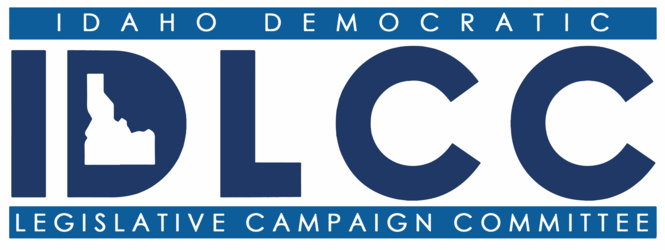Our democracy relies on freedom of expression, including protest. It also depends on an open, productive, and civil discourse where everyone can be heard and policy is set based on a rational assessment of available options. Setting policy based on who can act most intimidating is anti-democratic and anti-American. Sadly, the past year has seen a dramatic increase in the instances of protest crossing lines and engaging in strong-arm intimidation tactics to make their point.

Rep. Brooke Green, District 18
In early December, Ada County Commissioner was forced to leave her office in the middle of a health district meeting, panic-stricken, due to a mob of angry people outside her home, with only her 12-year-old son inside at the time.
In late April, an agitated crowd assembled outside a Meridian police officer’s house to protest an arrest he had made earlier that day. The officer’s address was publicly disseminated, encouraging a group to gather there and harass the officer and his family.
Another incident took place in late August, when several of the Boise City Council members woke to find drawings of butterflies on the bottom of their driveway from activists who, in the midnight hour, found it appropriate to express their displeasure of their recent vote to increase spending for the Boise Police Department.
This is not protest, it is intimidation. Making one’s point does not require holding civil servants captive in their homes while instilling fear for them and their families’ safety. Showing up at someone’s home is an attempt to accomplish political ends through intimidation — as history has documented — and this is true whether the crowd arrives carrying torches or daisies. Crowds outside of homes pointed out vulnerabilities that such picketers could exploit long before the assault on Congress on January 6 reminded us of the danger angry mobs represented. Intimidation isn’t a form of democratic expression — it’s mob rule.

Rep. Greg Chaney, District 10
That’s why we came together to introduce bipartisan legislation to draw a distinction between protest and vigilantism by criminalizing targeted picketing of people’s homes. Intimidation has become the weapon of choice of the fringe elements on the right and the left and it affects more than just civil servants: these bullies make the political process an unwelcome place for any of their fellow citizens who might disagree with them — silencing the voices of the strong majorities of Republicans, Democrats, and Independents who don’t share their extremism.
Our traditions of civil discourse are incompatible with mob rule; defending every citizens’ right to have their voices heard requires a bold stance against the intimidation tactics that threaten that right. Together, we’re proud to take a meaningful step in defense of rationality by protecting the sanctity of the home through our shared legislation.


Recent Comments